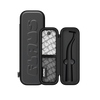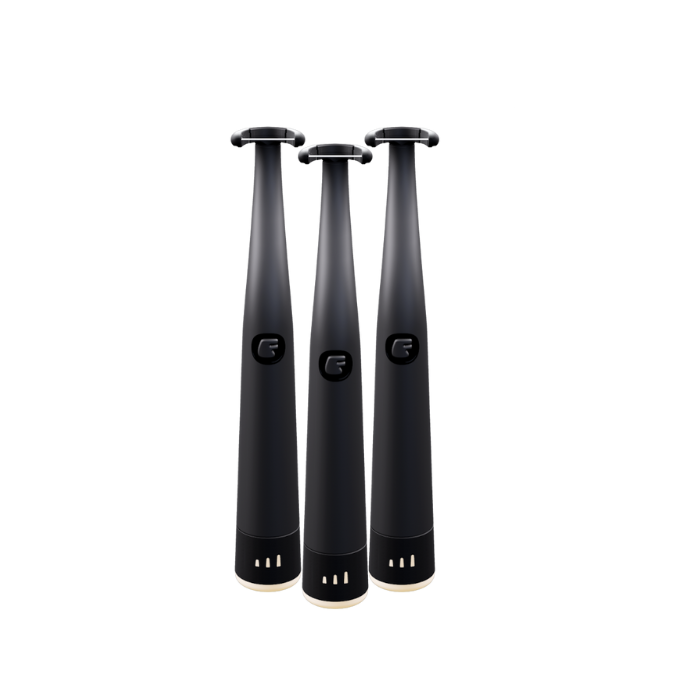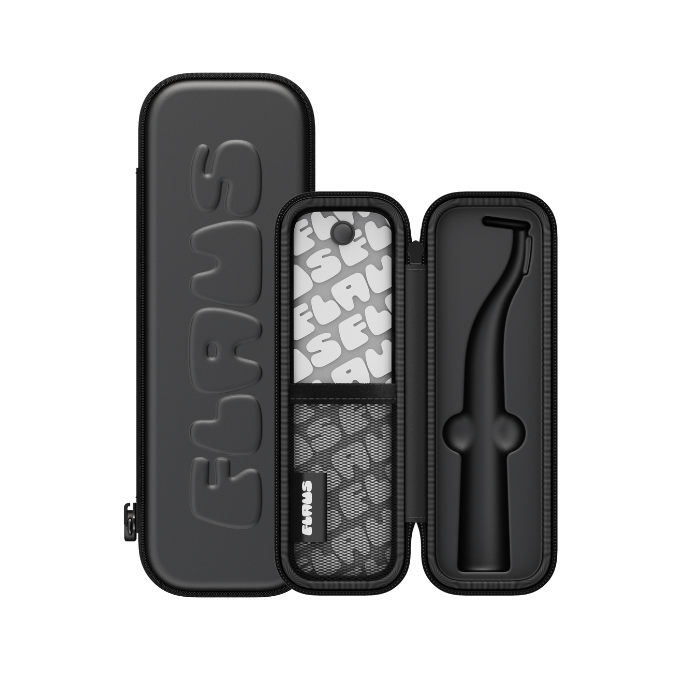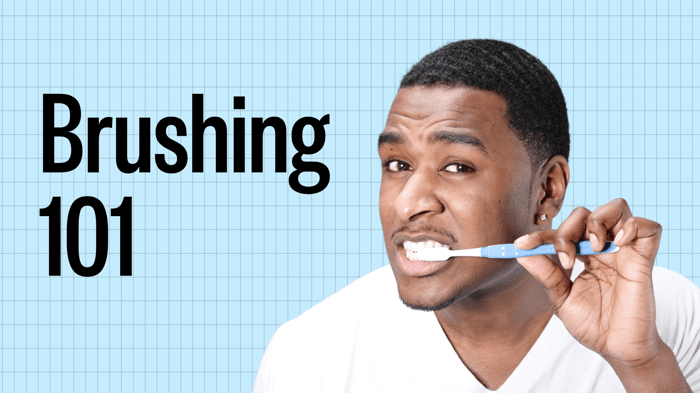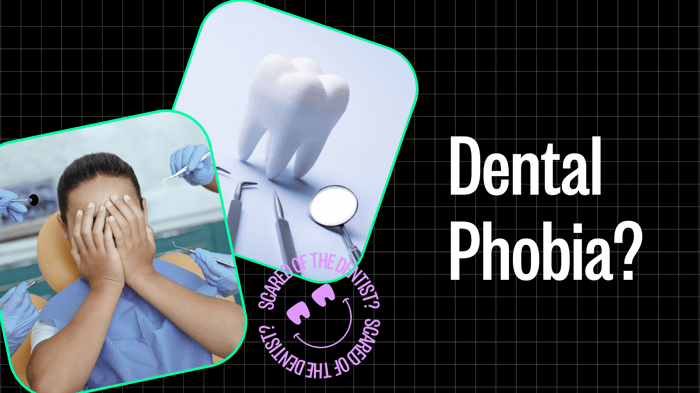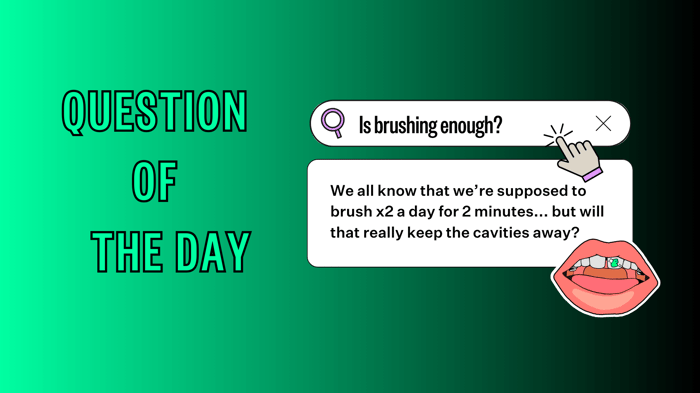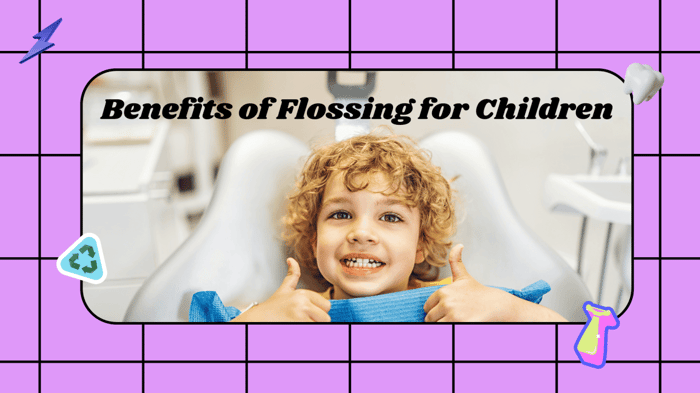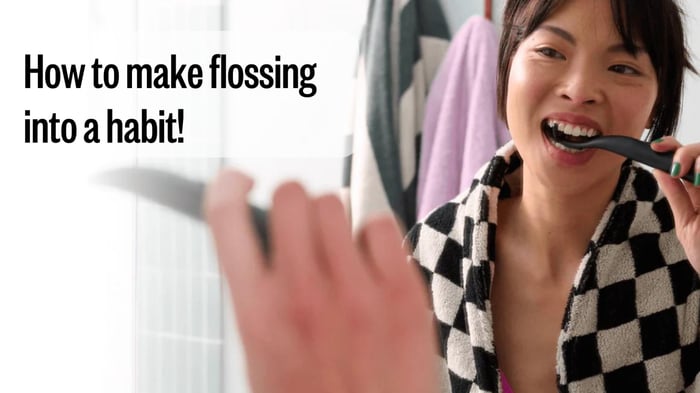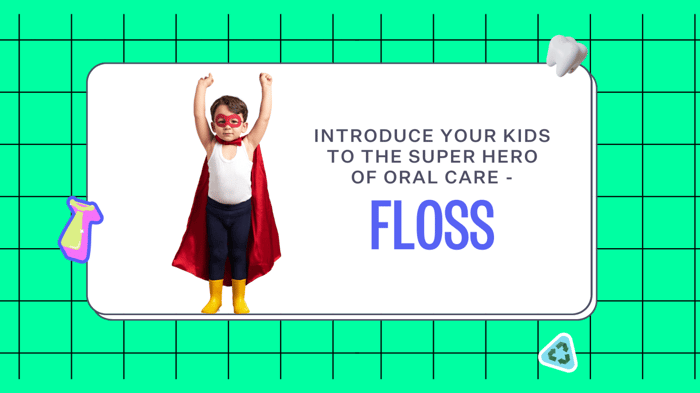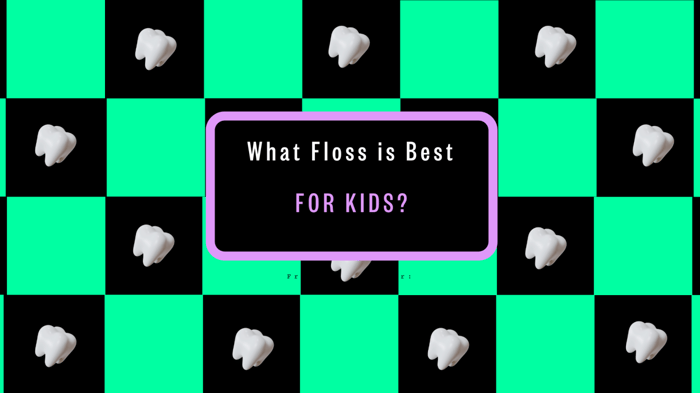How Often Should You Brush Your Teeth? Dentists recommend brushing your teeth twice daily, once after waking up and again before going to sleep. This practice strips away the plaque and food bits that encourage tooth decay and gum problems. But here's something you may not know: if you consume foods rich in sugar or acids, an extra brush could help reduce damage to your pearly whites. Now, teaching your toothbrush to dance isn't enough...
Dentists generally recommend brushing your teeth at least twice a day, ideally in the morning and before bed. However, some individuals may benefit from brushing after every meal or snack to maintain optimal oral health.

How Often Should You Brush Your Teeth: The Recommended Frequency
Ah, the age-old question: How Often Should You Brush Your Teeth? Dentists recommend brushing your teeth twice daily, once after waking up and again before going to sleep. Two times a day is the magic number, according to dentists. It fits perfectly into your daily routine—once in the morning when you wake up and once before bed. This helps to clear away plaque, bacteria, and bits of food to prevent all those pesky tooth problems like cavities and gum disease.
When you sleep, your mouth gets drier because it doesn't produce as much saliva. Saliva isn't just there to make sure you swallow easier; it helps clean your mouth. In the morning, there's a good chance that some debris has settled on your teeth while you are sleeping. Brushing in the morning wipes out any buildup from the night before. As for the second brushing session at night, it clears out the grime that has accumulated throughout the day.
But here's an insider tip: If you've snacked on sugary or acidic things during the day, it's smart to brush after indulging. These foods can be harsh on your teeth, and brushing after can help keep their impact to a minimum.
Think of it like this: If you accidentally spill some honey on the kitchen counter, would you wait until the next day to clean it up? Of course not! You'd want to clean it up right away so it doesn't get sticky and attract ants. Your teeth are similar—ward off trouble by giving them a quick brush after eating something that isn't tooth-friendly.
Now, twice a day may seem simple, but consistency is key. Just like watering a plant every day keeps it healthy and strong, regular brushing—especially with fluoride toothpaste—helps keep your teeth and gums strong and healthy too.
Keeping up with this two-times-a-day routine can seem like a chore sometimes, but being consistent pays off—it sets you up for a lifetime of healthier teeth and gums.
Understanding How Often Should You Brush Your Teeth and the Best Brushing Techniques
Brushing your teeth might seem simple, but there’s more to it than making random motions with a toothbrush. The right technique can make all the difference in keeping your teeth clean and healthy.
Choosing the Right Toothbrush
Picking the right toothbrush can significantly impact your brushing experience. When choosing one, opt for a brush with soft bristles. These are gentle on the gums and enamel while effectively removing plaque and food particles. A soft-bristled toothbrush is ideal for maintaining oral health without causing damage.
The goal here is to remove plaque without irritating or damaging the sensitive tissue in your mouth. That's why soft bristles are recommended – they are tough enough to clean effectively, yet gentle enough not to cause harm.
Mastering the Proper Brushing Motion
Once you have the right toothbrush, it's essential to master the correct technique. Hold the brush at a 45-degree angle to your gums and use gentle, circular motions. Be mindful to clean all surfaces of your teeth: the fronts, backs, and chewing surfaces. Pay particular attention to the gum line and hard-to-reach back teeth, as these areas are often overlooked.
These gentle circular motions effectively remove plaque from the surface of your teeth and below the gum line, where dangerous bacteria like to hide. You want to make sure you're reaching every nook and cranny in your mouth.
Duration Matters
The duration spent brushing also plays a crucial role in effective cleaning. The American Dental Association recommends brushing for at least two minutes. In reality, this may feel longer than what you're used to—but it's important for thorough cleaning. If you have trouble keeping track of time, consider using a timer or an electric toothbrush with a built-in timer.
Imagine it like giving each quadrant of your mouth equal attention for 30 seconds—this systematic approach ensures you don't miss any spots.
Think of it as being like painting: if you rush through it quickly, some parts won't get painted properly.
Equipping yourself with a suitable toothbrush, mastering the right motion, and ensuring an adequate duration will transform your brushing routine from mindless repetition into an active step towards healthier teeth and gums.
With these practical techniques in mind, let's now explore additional tips that enhance your dental care routine beyond just brushing.
Role of Flossing in Dental Hygiene
While brushing your teeth does a great job of cleaning the surfaces, it can't reach every nook and cranny. This is where flossing comes in, working together with your toothbrush to tackle plaque and food particles that are out of reach for the brush.
Why is flossing so important?
Let's imagine this for a moment: You are building a sandcastle with coarse grains that easily stick together in hard-to-reach spots. Your toothbrush wouldn't be agile enough—its bristles are too big to fit into those spaces. That's why flossing becomes crucial; it's the tool to break up plaque build-ups and remove them from their hard-to-reach stronghold.
The Preventative Power of Flossing
Plaque left between your teeth can harden, leading to tartar buildup, which increases the risk for cavities and gum disease. By flossing daily and eliminating that plaque, you're not just protecting your smile from decay but also guarding it against gingivitis—an early stage of gum disease—and bad breath.
When flossing, slide the floss gently between each tooth and curve it around the base of each one, ensuring you are not too aggressive to avoid irritation.
In summary, think of flossing as an essential sidekick to brushing—each playing a vital role in keeping your oral hygiene in top shape. Regular flossing can go a long way in preventing both visible and hidden dental problems and making sure "smile" and "shine" remain forever synonymous.
Ensuring proper flossing techniques significantly contributes to overall oral health. Now, let's shift our focus to explore essential products that can enhance your dental care routine.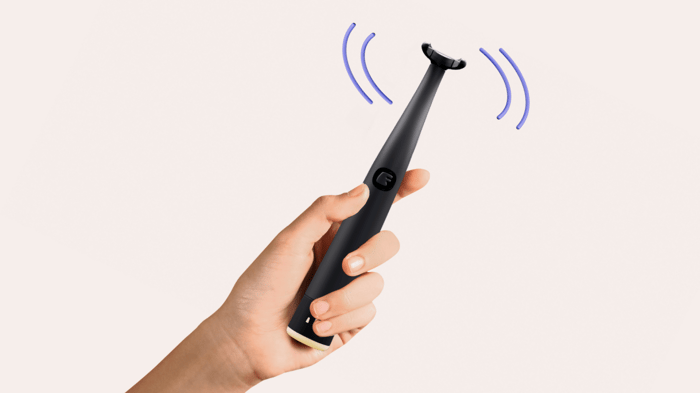
Why Choose Flaus?
Flaus is a revolutionary electric flosser designed to make flossing as easy and comfortable as brushing your teeth. Its innovative design and gentle action make it perfect for those who dread traditional flossing methods. Here's how Flaus can help you:
- Gentle and Effective: Flaus uses up to 18,000 sonic vibrations to clean between your teeth and along the gumline without causing discomfort.
- Easy to Use: The ergonomic handle and intuitive design make it simple to reach your back molars - even for those with limited dexterity.
- Save Money on Dental Visits: By maintaining excellent oral hygiene at home, you can minimize the need for invasive dental procedures.
User Testimonials
"Flaus has transformed my oral hygiene routine. I no longer fear flossing, and my dentist has noticed a significant improvement in my gum health." – Jane D.
"As someone with severe dental anxiety, Flaus has been a game-changer. It’s gentle, easy to use, and keeps my teeth clean without the stress." – Mark P.
Try Flaus Today
Essential Dental Products
When it comes to maintaining a healthy smile, your daily dental routine should be equipped with essential products that work together to keep tooth decay and gum disease at bay. These products include fluoride toothpaste and antimicrobial mouthwash. Let's break down the significance of each product in detail.
Fluoride Toothpaste: Strengthening Tooth Enamel
Fluoride toothpaste is a key player in your dental defence strategy. It contains fluoride, a mineral that reinforces the enamel of your teeth, making it more resistant to acid attacks from plaque bacteria and sugary substances. This vital mineral aids in the remineralization process, repairing the early stages of tooth decay before irreversible damage occurs. By brushing twice a day with fluoride toothpaste, you're actively fortifying your teeth against cavities.
Antimicrobial Mouthwash: Fighting Plaque and Freshening Breath
In addition to regular brushing and flossing, incorporating an antimicrobial mouthwash into your oral care routine serves as an effective line of defence against plaque formation and associated gum diseases. The antimicrobial agents in mouthwash work to kill harmful bacteria that lurk in hard-to-reach areas of your mouth, reducing plaque buildup and subsequently lowering the risk of gum disease. Furthermore, antimicrobial mouthwash freshens breath by neutralizing odor-causing bacteria, keeping your mouth feeling clean and revitalized throughout the day.
Impact of Diet on Dental Health
Diet plays a crucial role in maintaining good dental health. What we eat and drink affects not only our overall health but also the health of our teeth and gums. This makes it important to understand how different types of foods can impact our dental health and what we can do to maintain a healthy diet for the benefit of our teeth and gums.
The key to promoting dental health through diet lies in consuming a balanced and nutritious mix of foods. Your diet should ideally include an assortment of fruits, vegetables, lean proteins, and dairy products. These food groups provide essential nutrients beneficial for both your overall health and dental well-being. For instance, calcium from dairy helps to strengthen teeth, while vitamin C from fruits and vegetables is vital for gum health.
On the flip side, certain types of foods can contribute to tooth decay and other dental issues. Sugary and acidic foods and beverages, if consumed frequently, can lead to the erosion of tooth enamel and increase the risk of cavities. It's essential to consume these items in moderation and, if possible, limit them to mealtimes to minimize their impact on teeth.
Candy, soft drinks, fruit juices, and processed snacks tend to be high in sugar which can fuel harmful bacteria in the mouth that cause tooth decay. Similarly, acidic foods like citrus fruits or vinegar-based dressings can weaken tooth enamel over time if consumed excessively.
It's not just about what we consume; hydration also plays a significant role in dental health. Drinking plenty of water helps wash away food particles from the mouth and neutralizes acids produced by bacteria. This can help reduce the risk of developing tooth decay and gum disease. Moreover, staying hydrated prevents dry mouth, a condition where there's not enough saliva in the mouth to keep it moist. Dry mouth can contribute to bad breath and a higher risk of developing dental issues.
So next time you're reaching for a snack or planning your meals, consider the potential impact on your dental health. Making mindful choices about what you eat and drink can significantly contribute to maintaining a healthy smile for years to come.
Now that we’ve explored how diet impacts dental health, let’s shift our focus to the vital role regular dental visits play in maintaining optimal oral hygiene.
Importance of Regular Dental Visits
Visiting the dentist can be anxiety-inducing, but these regular visits are crucial for maintaining oral health. Having check-ups every six months is essential to ensure professional cleaning, oral exams, and early detection of dental issues.
Think of it like regular car maintenance to keep everything running smoothly. Regular check-ups for your teeth allow your dentist to identify and address any problems before they worsen.
The Professional Touch
During these visits, dental professionals do more than just clean your teeth. They remove hardened plaque that regular brushing and flossing can't reach, preventing gum disease, cavities, and bad breath.
Early Detection of Issues
It's like having an early warning system. Dentists can identify problems like cavities, gum disease, and oral cancer before they become serious issues. Catching these issues early makes them much easier (and often cheaper!) to treat.
Consider this: Would you rather fix a leaky pipe when it's just a small drip or when it has already caused a flood? The same goes for dental problems. Detecting issues early means less pain, less money spent, and better overall health.
Remember: those six-month check-ups aren’t just about getting your teeth cleaned; they play a critical role in maintaining a healthy smile and addressing potential issues before they become more serious.
Maintaining good oral hygiene involves more than just regular dentist visits; it also encompasses daily brushing habits and other practices that contribute to a healthy mouth. Let's now explore some final brushing tips and practices to round out your dental care routine.
Final Brushing Tips and Practices

Brushing your teeth is like washing your hands—you've got to make sure you're doing it right if you want to see any real benefits. Here are a few extra tips that can enhance your brushing routine:
Use a Tongue Scraper
When it comes to fresh breath, brushing your teeth is only half the battle. You also need to clean your tongue to reduce bacteria and eliminate bad breath. A tongue scraper is like a little tool to gently clean your tongue. After brushing your teeth, give your tongue a few gentle scrapes from back to front. Doing this will help get rid of any leftover food particles and bacteria, keeping your mouth feeling and smelling fresh.
Tongue scrapers are inexpensive and easy to use, truly boosting your overall oral hygiene routine.
Replace Your Toothbrush Regularly
Your toothbrush or the head of your electric toothbrush should be changed every three to four months, or even sooner if you notice the bristles starting to fray. Over time, the bristles on your toothbrush wear out and aren't as effective at cleaning your teeth. By replacing your toothbrush regularly, you ensure that it's always working as well as it should be.
Proper Storage for Your Toothbrush
After all the care you put into choosing the right toothbrush and using it correctly, don't slack on where you store it! Keep your toothbrush in an upright position so that it can air dry properly. This helps prevent the growth of bacteria which thrive in moist environments. Proper airflow around the bristles keeps them healthy and ready for the next use.
Storing your toothbrush properly is just as important as keeping it clean when it comes to maintaining good oral hygiene habits.
Are there any specific guidelines for brushing frequency based on age or dental health?
Yes, there are specific guidelines for brushing frequency based on age and dental health. The American Dental Association recommends brushing twice a day for two minutes each time, regardless of age. However, certain considerations should be made for children and individuals with specific dental conditions. Children under the age of 3 should use a smear of toothpaste while those aged 3-6 can use a pea-sized amount. For individuals with gum disease or other dental issues, more frequent brushing may be necessary as advised by their dentist. Statistics show that regular brushing can reduce the risk of cavities and gum disease by up to 40%.
What are the potential consequences of not brushing your teeth frequently enough?
Not brushing your teeth frequently enough can lead to dental problems such as cavities, gum disease, and bad breath. Without regular brushing, plaque and bacteria build up on the teeth, creating a sticky film that can erode tooth enamel and lead to tooth decay. According to statistics from the American Dental Association, nearly 50% of adults in the United States suffer from gum disease, which can be prevented by proper oral hygiene practices like frequent brushing.
Are there any factors that may require brushing more frequently than the recommended guidelines?
While the recommended guidelines suggest brushing your teeth twice a day, there are certain factors that may require more frequent brushing. Some of these factors include consuming foods and drinks high in sugar or acid, smoking, wearing braces or other dental appliances, having a dry mouth, and certain medical conditions. According to a study published in the Journal of Periodontology, individuals who consume sugar-sweetened beverages are 52% more likely to develop tooth decay, highlighting the need for more frequent brushing in such cases.
Is brushing twice a day sufficient for maintaining good oral hygiene?
Yes, brushing twice a day is sufficient for maintaining good oral hygiene. Regular brushing removes plaque and prevents the buildup of harmful bacteria that can lead to dental problems such as cavities and gum disease. According to the American Dental Association, brushing twice daily has been proven to significantly reduce the risk of tooth decay and gum disease. Additionally, combining proper brushing technique with regular flossing and routine dental check-ups enhances overall oral health.
Are there any risks associated with over-brushing or brushing too frequently?
While regular brushing is essential for maintaining good dental health, over-brushing or brushing too frequently can have negative effects. Brushing excessively can lead to enamel erosion, gum recession, and tooth sensitivity. According to a study published in the Journal of Dentistry, brushing more than three times a day increases the risk of enamel wear by 50%. Therefore, it is recommended to brush your teeth twice a day for two minutes each time with a soft-bristle toothbrush to avoid the risks associated with over-brushing.



